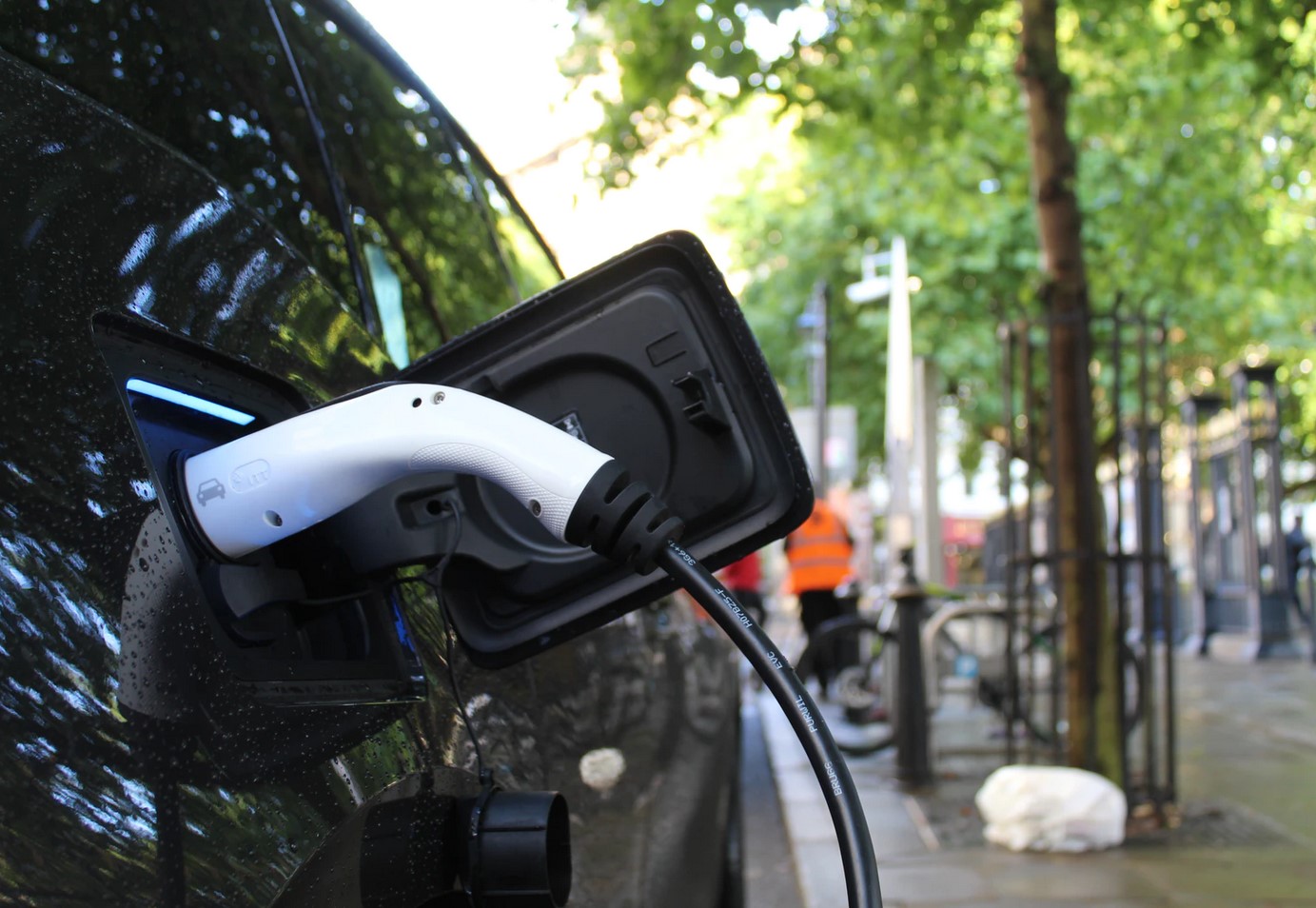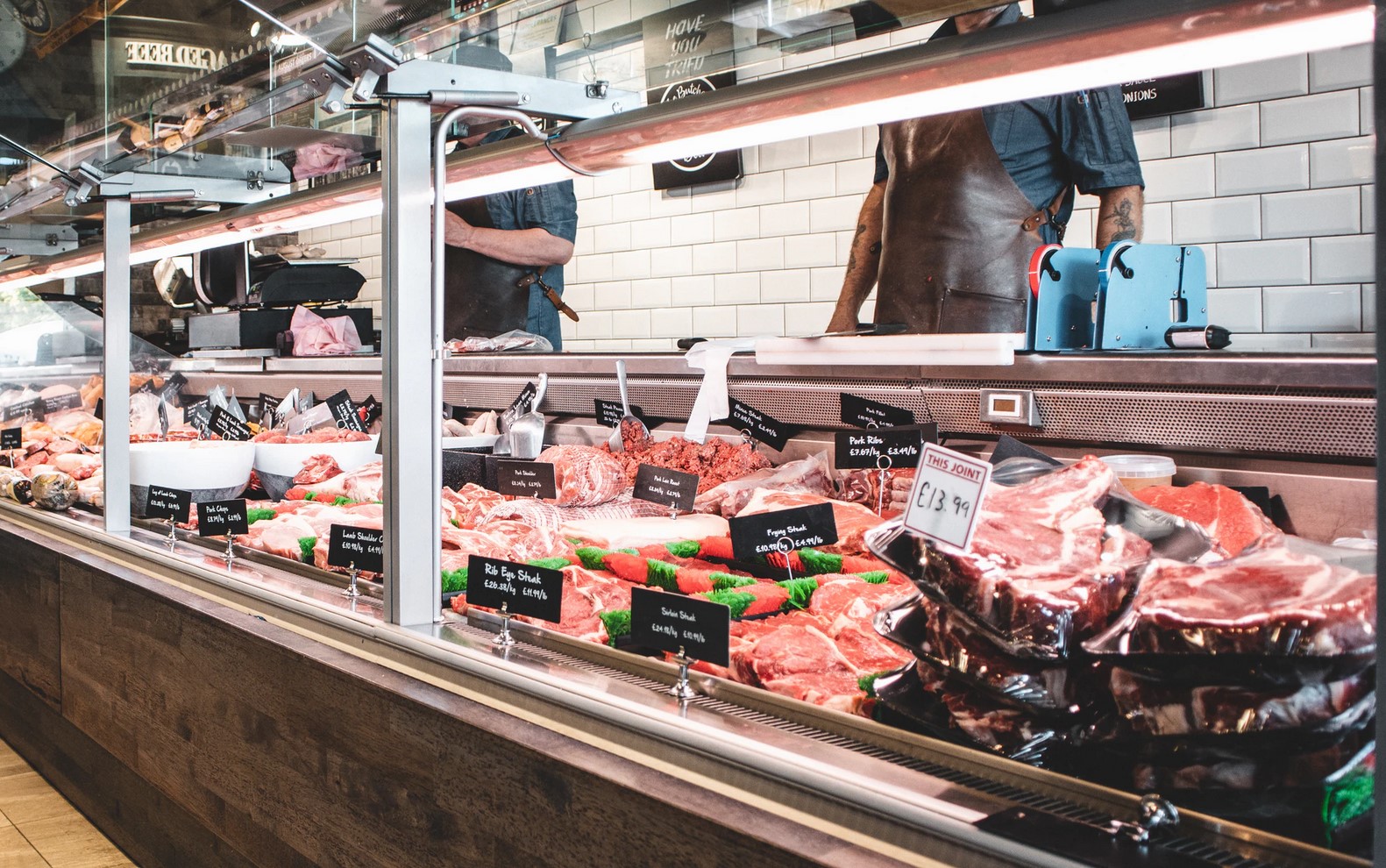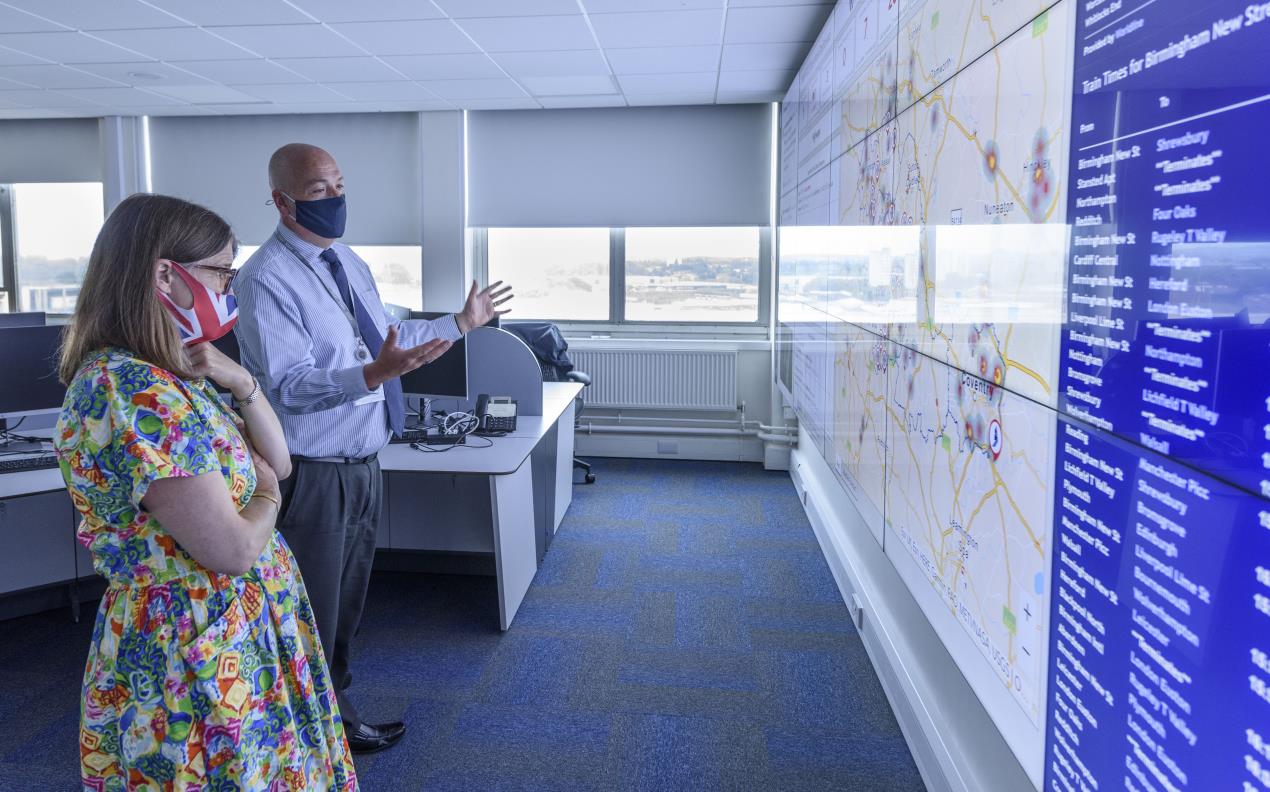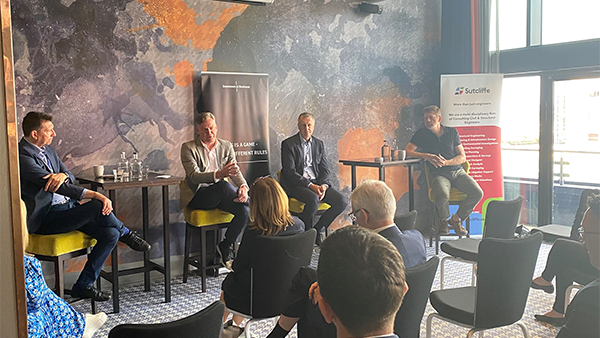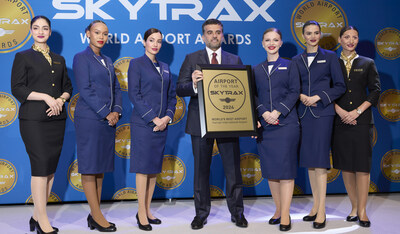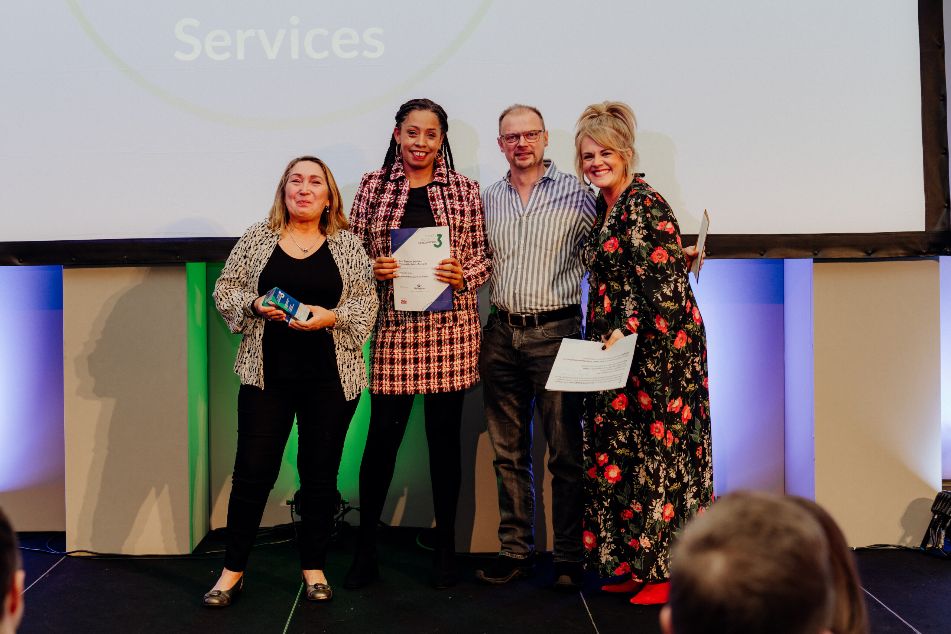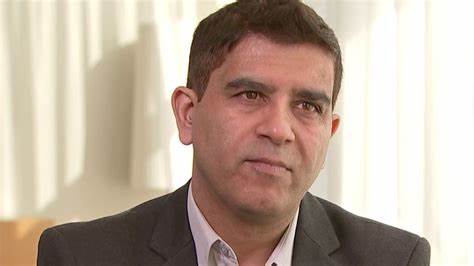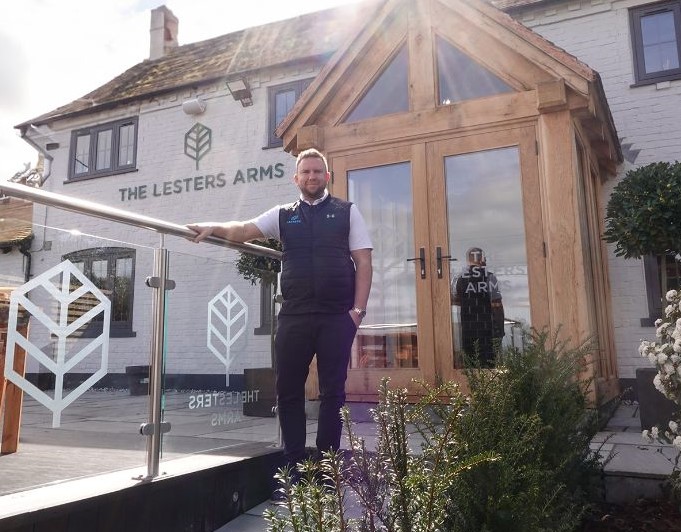North West Motoring Ahead in The Electric Car Switchover, with EV Ownership Up 214% in a Year
The North West is seeing the fastest growth in electric car ownership of any region in the UK, according to DVLA car registrations data analysed by car leasing comparison website LeaseLoco. The latest figures provided by the DVLA reveal that electric car (EV) registrations have more than tripled - up 214% - in 12 months in the North West, with 21,993 EVs registered at the start of 2021, compared to 7,005 a year earlier.
A Freedom of Information (FOI) submission was made by LeaseLoco to the Driver and Vehicle Licensing Agency (DVLA) in June 2021, requesting the most up-to-date figures on BEVs (Battery Electric Vehicles) registered in the UK. Three other regions have seen electric vehicle registrations more than double over the past 12 months; with registrations up 142% in the South West, 132% in Yorkshire and the Humber, and 128% in the South East.
EV registrations have almost doubled in Scotland (97%) since the start of 2020, while registrations in London are up by more than two thirds (69%). The West Midlands is languishing at the bottom of the EV table, with the slowest growth in registrations, EV registrations are up just 45% since the start of 2020, suggesting car owners are showing resistance to early switching to electric.
Table: UK regions ranked in order of fastest growth in BEV registrations, 2021 vs 2020
|
Region |
Number of BEVs registered - Start 2020 |
Number of BEVs registered - Start 2021 |
% Increase in BEVs |
|
North West |
21,993 |
7,005 |
214.0% |
|
South West |
27,964 |
11,554 |
142.0% |
|
Yorkshire & the Humber |
14,639 |
6,304 |
132.2% |
|
South East |
51,205 |
22,453 |
128.1% |
|
Scotland |
14,808 |
7,529 |
96.7% |
|
East |
21,038 |
11,152 |
88.6% |
|
Northern Ireland |
2,549 |
1,390 |
83.4% |
|
East Midlands |
10,047 |
5,793 |
73.4% |
|
Wales |
4,641 |
2,696 |
72.1% |
|
London |
24,908 |
14,735 |
69.0% |
|
North East |
3,574 |
2,323 |
53.9% |
|
West Midlands |
16,888 |
11,628 |
45.2% |
John Wilmot, CEO of car leasing comparison websiteLeaseLoco comments: “These DVLA figures show a huge disparity between regions where consumers are showing commitment to early switching to electric vehicles, and regions where electric car switching needs a jump start.
“The Government will start feeling the pressure if EV registrations don’t show signs of accelerating and momentum is lost on its journey to “Road to Zero” emissions. The demand is definitely there - we have seen electric car enquiries on our site almost triple this year and we have hundreds of thousands of EV deals available to consumers.
“But EV registrations still make up a very small percentage of the total number of new car sales. While they are cheap to run and most owners are keen to drive less-polluting cars, too many people who rely on their vehicles for work and leisure, are holding off making the switch while there are question marks around the charging infrastructure and the initial cost of an electric vehicle.
“The Government needs to take advantage of the growing popularity of zero emissions motoring, but the worry is that without more focus, investment and education, demand will not translate into sales and momentum will be lost. With the sale of new diesel and petrol cars banned from 2030, the next two to three years will be critical in ensuring that the switch to greener motoring stays on track.”




